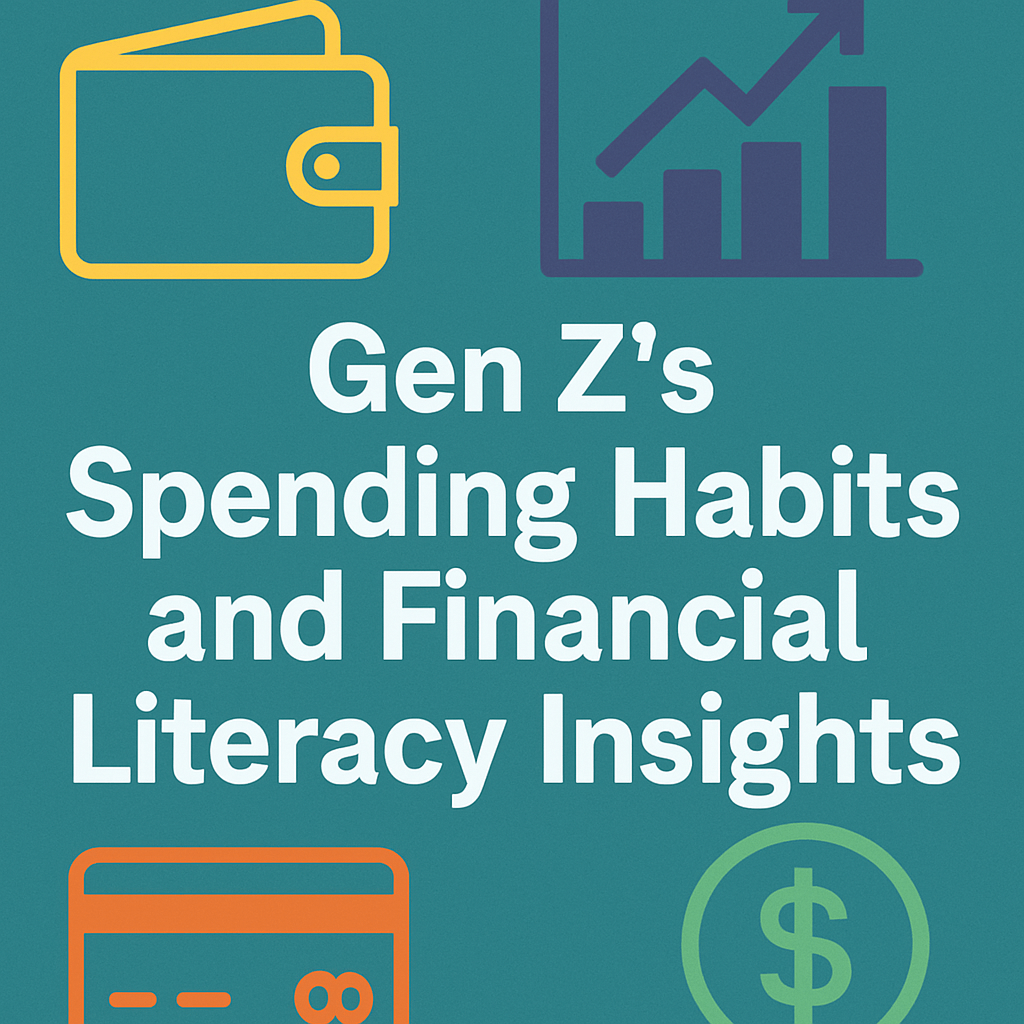Gen Z’s Spending Habits and Financial Literacy Insights

Recent research highlights a growing divide between Gen Z’s spending behavior and the financial expectations set by previous generations. As this demographic embraces a consumerist culture evidenced by their willingness to spend substantial sums on experiences like Taylor Swift tickets, a significant portion feels judged for their choices. Many in Gen Z maintain that they are not solely responsible for their spending habits; they assert that the educational system has failed to equip them with essential financial skills.
Judgment and Financial Awareness Among Gen Z
According to new data from a survey conducted by Young Enterprise and HSBC, 66% of respondents aged 19-28 admitted to feeling judged for their financial decisions, with 39% attributing this judgment to family members. Furthermore, 17% noted social media as an additional source of scrutiny. This statistic reaffirms a well-documented societal trend where the spending habits of younger generations are often critiqued by older cohorts.
Blame on the Educational System
Financial literacy remains a critical gap in education today, one that a significant portion of Gen Z recognizes. The survey reveals that nearly half of the respondents attribute their financial difficulties to insufficient education in money management provided by schools. Specifically, 20% reported they had never received any formal instruction on budgeting and financial management. As financial products and living expenses have become increasingly complex, many young adults find themselves at a disadvantage.
Growing Reliance on Social Media for Financial Guidance
As traditional financial education falters, it’s no surprise that 22% of Gen Z turns to “finfluencers”, social media influencers specializing in financial content, for advice. While some of these influencers may provide valuable information, their insights can vary greatly in quality and reliability.
- Potential Risks: Misleading investment tips or oversimplification of budgeting may exacerbate financial ignorance rather than alleviate it.
- Social Responsibility: Content creators should be aware of the impact their guidance can have on a largely impressionable audience.
Current Economic Environment
The financial pressures for Gen Z do not exist in a vacuum. This generation is navigating a turbulent economic landscape characterized by record-high living costs and a competitive job market. Recent statistics reveal that approximately 25% of Gen Z believes their income is inadequate for meeting daily expenses, a staggering figure that significantly surpasses the 17% reported by the general population.
Parental Financial Support: A Double-Edged Sword
In light of these challenges, many Gen Z individuals are heavily reliant on familial support. A study indicates that about 50% of parents continue to provide financial assistance to their adult children over the age of 18, with an astonishing average contribution of $1,813 per month for expenses such as groceries, mobile bills, and health insurance. This trend raises questions regarding parental financial planning as well; parents reportedly allocate 2.3 times more to their adult children’s needs than to their retirement accounts.
Living Arrangements and Financial Choices
Despite the potential for reduced expenses in suburban living, Gen Z’s preference for maintaining residence in urban centers places additional strain on their finances. Rather than opting for cheaper housing options, a substantial portion opts to seek additional financial support from their parents to afford the lifestyle associated with living in city centers.
“As Gen Z navigates adulthood, the need for financial literacy becomes increasingly paramount. With their wealth moving towards an anticipated $36 trillion in the coming decade, their spending patterns today will have long-term implications on their financial futures.”
What Lies Ahead for Gen Z?
While the current financial behavior observable among Gen Z may elicit criticism, it is essential to recognize the context within which these decisions are made. The cumulative financial challenges facing this generation highlight an urgent need for improved financial education in schools and a more supportive approach from their parents.
In the coming years, as Gen Z starts to acquire wealth and inheritances, it will be crucial for them to adapt their spending habits and become more financially savvy. Addressing the shortcomings in financial education now will ultimately benefit their autonomy and financial security as they transition into full-fledged adulthood.
If you find yourself covered in parental financial support or as a member of Gen Z grappling with similar issues, your insights are valuable. We invite you to share your experiences at orianna.royle@fortune.com.
Conclusion
Ultimately, the narrative around Gen Z’s spending habits reveals deeper systemic issues related to financial education that need urgent attention. Only by fostering a society that values financial literacy can future generations hope to navigate their financial futures with confidence and prudence.